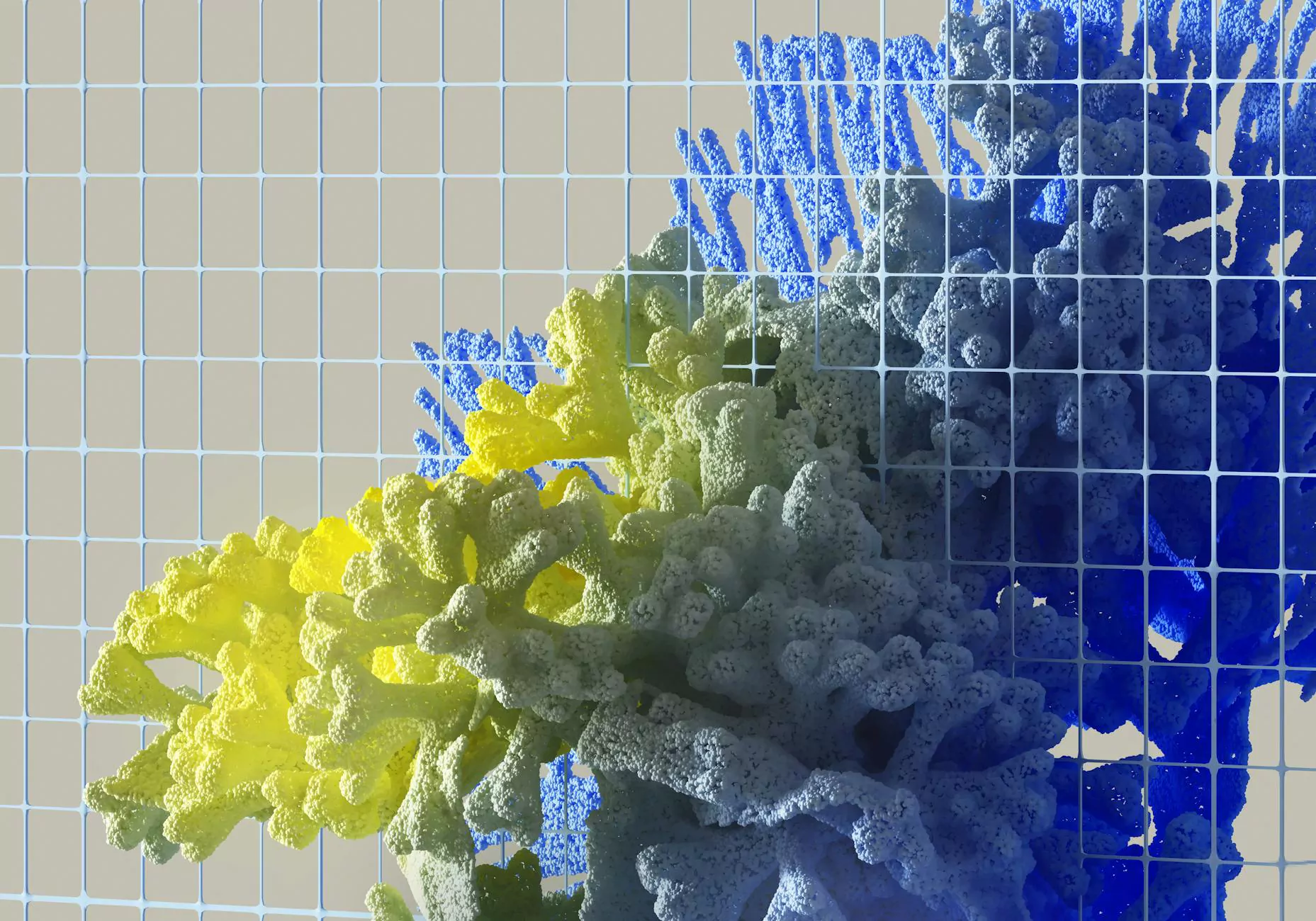Ethics and Assessment Ricci v DeStefano - Case Study Example

Introduction
Welcome to The Knowledge Nest, your go-to source for insightful case studies in various fields. In this article, we delve into the ethics and assessment involved in the Ricci v DeStefano case. This landmark legal decision has made a significant impact on the community and society. Join us as we explore the details and implications of this crucial case study.
The Ricci v DeStefano Case
Back in 2003, the New Haven Fire Department conducted promotions exams to fill vacant positions within the department. However, when the results of the exams revealed that no African-American candidates scored high enough to be promoted, a controversy emerged. The department decided not to certify the results, fearing potential violations of Title VII of the Civil Rights Act of 1964.
Background and Context
The decision not to certify the results triggered a legal battle that eventually reached the Supreme Court. The case attracted significant attention due to its racial implications and potential impact on assessment practices. The plaintiffs, including Frank Ricci and other white firefighters, claimed that they were being unfairly denied promotions based on their exam scores due to fear of lawsuits from minority firefighters who scored lower.
Legal Analysis
The Supreme Court's decision assessed the balance between disparate impact and equal protection under the law. Disparate impact occurs when a facially neutral employment practice disproportionately affects a protected class, such as race or gender. In this case, the Court ruled that the city's refusal to certify the exam results based on the racial disparities constituted discrimination against the white firefighters who met the requirements and scored highly.
Impact and Implications
The Ricci v DeStefano case has left a lasting impact on the field of assessment and professional ethics. The decision highlighted the complexities and challenges of balancing equal opportunities and protecting against disparate impact. This case study serves as a reminder of the importance of careful examination of assessment practices to ensure fairness and compliance with anti-discrimination laws.
Assessment Practices
The case shed light on the potential pitfalls of assessment practices that inadvertently produce disparities among different groups of test-takers. Organizations and employers must evaluate their assessment methods to minimize any adverse impact on protected classes and ensure fairness in promotions and employment opportunities.
Diversity and Inclusion
A crucial aspect of the Ricci v DeStefano case is the focus on diversity and inclusion within organizations. It encourages employers to foster environments where all employees, regardless of their race or ethnic background, have equal opportunities for career advancement. This means promoting diversity in decision-making processes and striving to create inclusive workplaces that recognize and value different perspectives.
Conclusion
The Ricci v DeStefano case stands as a significant milestone in the discussion of ethics and assessment practices. Understanding the impact and implications of this case is essential for professionals, policymakers, and individuals interested in fostering equal opportunities and inclusive communities. At The Knowledge Nest, we strive to provide comprehensive case studies that shed light on important legal decisions shaping our society.
Explore Further
If you want to delve even deeper into the realm of ethics, assessment, and its legal implications, be sure to check out our related articles and resources. Expand your knowledge and stay informed about crucial developments in the field.









